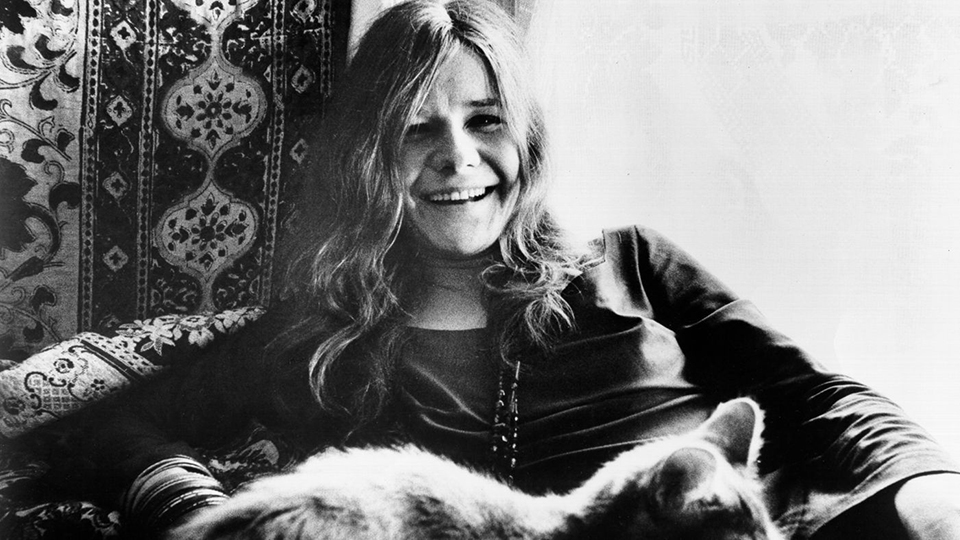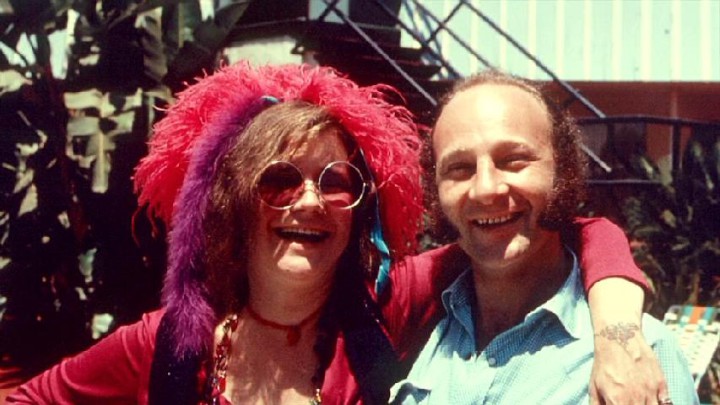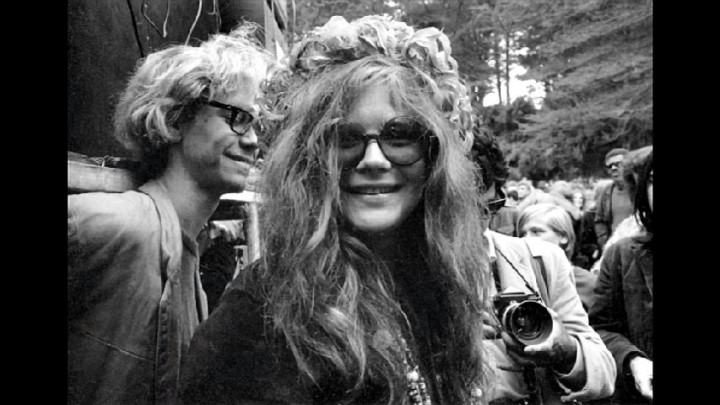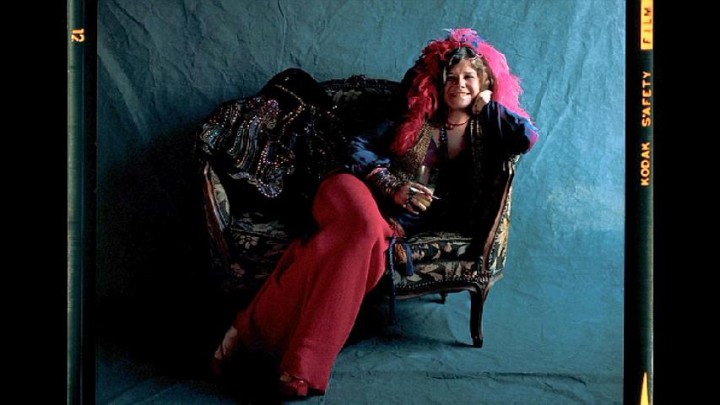If it weren’t for the use of Janis Joplin’s letters (read by singer-songwriter Cat Power) as a kind of narration, Amy Berg’s Janis: Little Girl Blue would be a straightforward and fairly basic documentary on Joplin — albeit an unusually well-researched one. With the narration, however, the film comes across as something more, something that gives the viewer a sense of the woman beyond the sensationalistic headlines and the tragic icon. The narration affords the film that indefinable (probably illusory) feeling of knowing the person, even though the person you’re getting is, of course, the image she was herself as communicated to someone else. As such, it’s as well to tread a little cautiously. In other words, at all times, it’s a good idea to put Joplin’s words in context. The letters she wrote her parents, for example, versus those she wrote her friends frequently convey different tones — and served different purposes. All this requires a good bit of reading between the lines, but it’s surprising how illuminating it all is — even when you sense she’s trying to convince herself of the veracity of what she says. The overall sense is that she’s both a slightly befuddled, badly damaged little girl and a surprisingly canny observer of her life and herself.
I should note that I am not coming to this film as any kind of a hardcore fan. I was obviously aware of her at the time (she died when I was 16), but she was never central to my interests. I guess you could say she fell into that category of artists I’d listen to on the radio without feeling the need to buy her records. I bring this up because there are things about Janis: Little Girl Blue that are new to me that might well be old news to the seasoned fan. In that regard, I have to say that the film does serve as a solid, basic introduction to Joplin and her life. All of the essential facts are there and laid out coherently in a manner that places them within their time — which is to say within Joplin’s time, within the world of the 1960s.
The events of her life are not happening in a 21st century milieu, but in a very special era — one where the mechanics of fame were different and seemed less sinister. I don’t even know if Joplin could exist today. True, the media of the time could be just as cruel as today’s — constantly making demands and decisions. (The movie presents opinion pieces about how Joplin needs to quit Big Brother and the Holding Company, quickly followed ones proclaiming that she needs to go back to them.) But it wasn’t so omnipresent. The genuine sense of fragility that constantly peeked through Joplin’s rock star — even her hippie chic — pose would wither and die in the full-glare of our media-saturated world, and be stamped out almost as soon as it began. Someone like Dick Cavett might be bemused by her lack of clarity, but there’s a sense under it all that he genuinely cares about her. (You will not find anything like this on TMZ.)
In the end, what we have here is a little film of unusual warmth, remarkably little exploitation and a level of scholarship rarely seen in celebrity documentaries. Is it the definitive film on Janis Joplin? I don’t know, but I do know it’s a very good one — and it will only be here for one week. Not Rated, but contains language, nudity and, of course, drug use.








Before you comment
The comments section is here to provide a platform for civil dialogue on the issues we face together as a local community. Xpress is committed to offering this platform for all voices, but when the tone of the discussion gets nasty or strays off topic, we believe many people choose not to participate. Xpress editors are determined to moderate comments to ensure a constructive interchange is maintained. All comments judged not to be in keeping with the spirit of civil discourse will be removed and repeat violators will be banned. See here for our terms of service. Thank you for being part of this effort to promote respectful discussion.